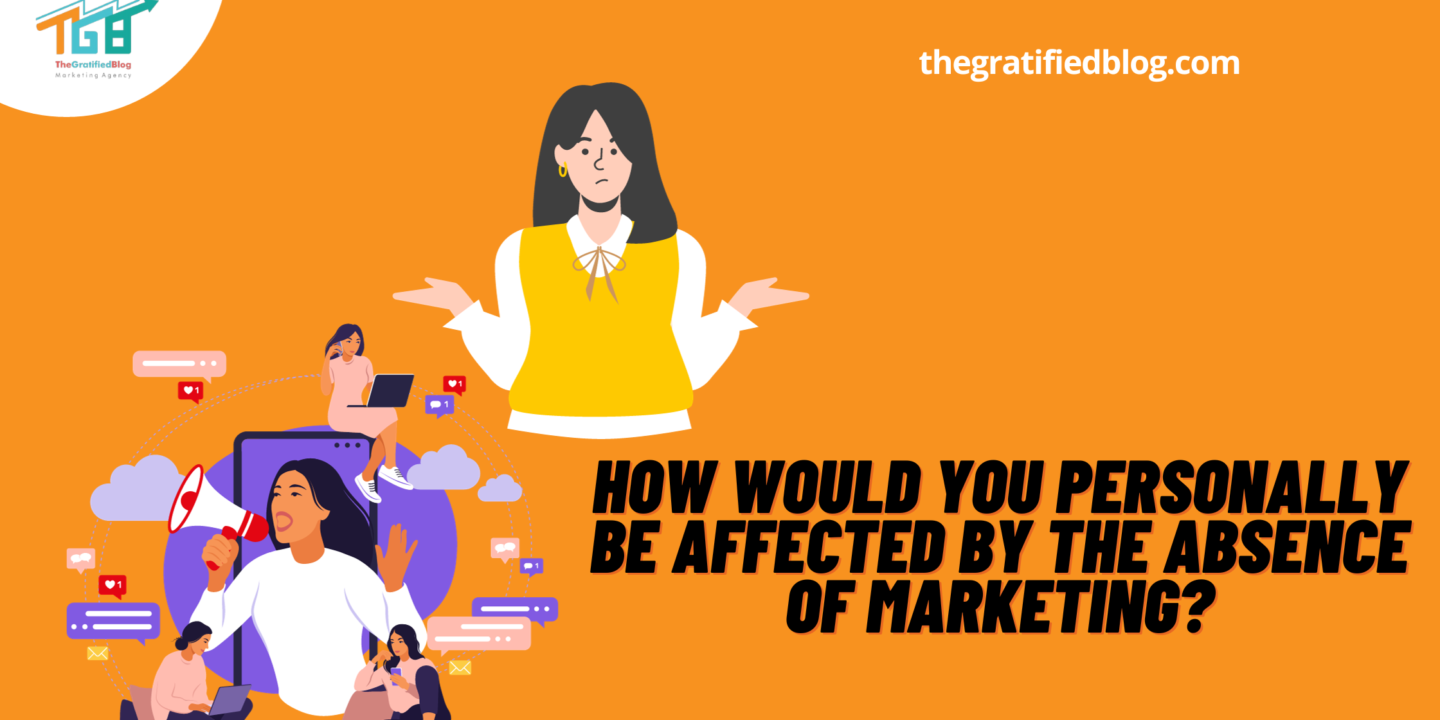
Marketing has become a force that surrounds us in the world. It shapes our choices, preferences, and how we perceive reality. Marketing includes a range of strategies, tools, and platforms, from advertising to the growing field of social media marketing.
It serves as a connection between businesses and consumers. In this article, we will delve into the impact of marketing on individuals.
We’ll explore “How Would You Personally Be Affected By The Absence Of Marketing?” and how it influences aspects such as enterprise, product development, physical distribution, and the ever-expanding realm of social media.
Marketing In A Free Enterprise Economy
Before delving into how the absence of marketing would affect us personally, it’s crucial to understand the role of marketing in a free enterprise system.
Free enterprise, often synonymous with capitalism, is an economic system that thrives on competition, where individuals and businesses can produce, exchange, and consume goods and services based on their preferences and financial resources.
Marketing serves as the linchpin of this system. It enables businesses to convey information about their products and services to potential customers, creating a marketplace where choices are abundant.
With marketing, the free enterprise system would continue, and consumers would find themselves navigating a world with limited options and little information about the available choices.
If marketing were present in this scenario, consumers would retain the ability to compare products and make informed decisions.
Innovation and competition would stagnate, resulting in the absence of new and improved products. The lack of marketing would stifle the free market’s vitality, hindering economic growth and individual prosperity.
The Impact Of Social Media Marketing Activities
In the digital age, social media marketing is one of the most influential forms of marketing. Social platforms like Facebook, Instagram, Twitter, and LinkedIn have become the epicenters of marketing activities.
These platforms allow businesses to target their audiences more precisely than ever before, and this precision has profound personal implications.
- Personalized Content: Imagine a world without the curation of your social media feeds. You’d no longer see content tailored to your interests and needs, resulting in a chaotic mix of information that might be irrelevant to you. This customization is necessary to maintain the personalized experiences you’ve come to expect on these platforms.
- Product Discovery: Marketing activities introduce you to products and services you may not have encountered otherwise, allowing you to discover innovative solutions and unique offerings. In a world with marketing, your ability to find products tailored to your preferences would significantly improve.
- Communication And Engagement: Social media has redefined how businesses interact with customers. Marketing on these platforms allows for direct communication, quick responses to inquiries, and the feeling of being heard. The absence of marketing would mean a loss of this vital channel for engagement.
The Interplay Between Social Media Marketing Activities
The advent of social media has revolutionized the marketing landscape. Social media marketing activities have become integral to businesses and are pivotal in customer engagement, brand promotion, and market research.
Social media activities and marketing are symbiotic in today’s digital world. In a world without marketing, the absence of these activities would leave us in a drastically different reality. Social media platforms serve as hubs for information, entertainment, and connectivity.
They also facilitate product discovery, customer feedback, and community building. Imagine a digital world devoid of ads, influencer collaborations, and viral campaigns. Social media would be entirely different, more focused on personal interactions and less saturated with commercial content.
Personal connections and authentic conversations would take center stage in such a scenario. While this might sound appealing, it comes at a cost.
Businesses would find it challenging to reach their target audience, and consumers would have to rely solely on word-of-mouth recommendations or traditional media for information about products and services.
These activities are necessary to ensure the convenience and efficiency of our digital lives.
The Impact On Product Development
Marketing doesn’t just affect how we discover products; it also shapes the products themselves. Product development is a crucial marketing component, and its absence would lead to several personal repercussions.
Limited Innovation: Marketing often acts as a catalyst for innovation. Companies strive to outdo their competitors and meet consumers’ evolving needs. With marketing, businesses might be more motivated to innovate, leading to stagnation in product development.
This stagnation can hinder a company’s ability to stay relevant in a fast-paced market, impacting its long-term success. Robust marketing strategies can drive continuous product improvement, helping businesses keep up with changing consumer demands and maintaining a competitive edge.
Ineffective marketing can hinder a company’s ability to create, refine, and promote products that resonate with their target audience.
Product Awareness: With marketing, even groundbreaking products might be discovered. With effective promotion, even the best products could gain traction in the market.
This lack of visibility hampers customer engagement and inhibits valuable feedback collection, hindering product development.
Marketing boosts initial sales and serves as a vital channel for gathering user insights, enabling iterative enhancements, and ensuring a product evolves in line with customer needs. In essence, marketing is pivotal in shaping the entire product development trajectory.
Pricing and Value: Marketing helps establish the perceived value of a product. It can make you willing to pay more for a product because of the story it tells or the emotions it evokes. Without marketing, pricing might become solely based on raw production costs, leading to a loss of emotional connection to products.
The Disrupted Landscape Of Physical Distribution
Marketing extends beyond just promoting products; it also plays a crucial role in the physical distribution of goods. The absence of marketing would have far-reaching consequences on supply chains, logistics, and how products reach consumers.
Without marketing, the distribution network would become less sophisticated and efficient. Businesses would have no reason to invest in strategic distribution planning, and consumer product access could become more cumbersome.
We would witness a departure from the current model of convenient online shopping, same-day deliveries, and global e-commerce platforms.
Once essential for product discovery and purchase, physical retail stores would face an existential crisis. Returning to traditional brick-and-mortar retail would replace the marketing-driven trend of e-commerce and online marketplaces.
For consumers, this shift would mean less convenience and variety and the possibility of higher prices due to the reduced competition.
A world with marketing would make it easier for individuals to discover and access products that cater to specific needs, such as niche or specialty items.
Product information and reviews, integral to informed purchasing decisions, would be limited or nonexistent. Consumers would be forced to rely on personal knowledge and experience or seek advice from a small, local network.
How Would You Personally Be Affected By The Absence Of Marketing?
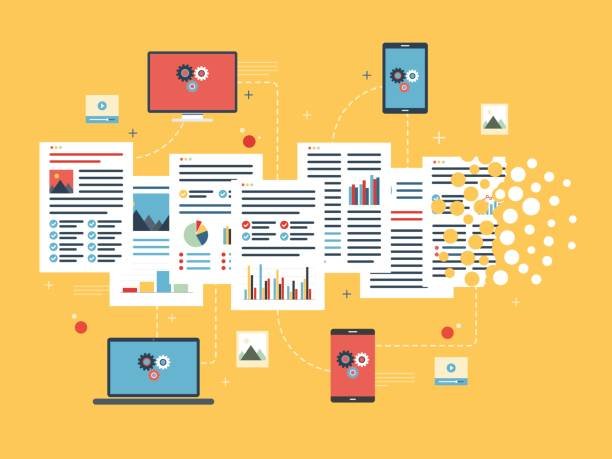
Now that we understand the overarching influence of marketing, let’s delve into how the absence of marketing would affect our daily routines and decisions.
A. Shopping Habits
Marketing plays a pivotal role in our shopping habits. It lures us with enticing offers, persuasive advertising, and brand loyalty. Without marketing, how would your shopping habits change?
- Product Awareness: You’d be unaware of new products, discounts, and promotions, potentially missing out on valuable deals.
- Brand Loyalty: Brands you’ve grown attached to through marketing campaigns may fade into obscurity.
- Impulse Buying: Marketing often triggers impulse purchases. The absence of marketing might lead to more considered buying decisions.
B. Product Quality
Marketing encourages companies to maintain and improve the quality of their products. In its absence, quality control may falter, and you might encounter lower-quality products.
- Word Of Mouth: Recommendations from friends and family would become the primary source of product information.
- Independent Reviews: You’d rely more on independent reviews and third-party testing organizations.
C. Lifestyle And Aspirations
Marketing shapes our aspirations and ideals. Without it, you might have a more authentic view of what you want rather than being influenced by media-created ideals.
- Authenticity: Your lifestyle choices might be more authentic, reflecting your actual values and interests.
- Peer Pressure: The pressure to conform to marketing-driven trends could significantly diminish.
D. Time And Information
Marketing inundates us with information daily. Without marketing, your daily life would stay the same regarding how you allocate your time and gather information.
- Time Savings: You would save time without being bombarded with advertisements and promotional content.
- Information Sources: You’d rely more on direct sources of information, such as reviews and recommendations, than advertising.
Social And Cultural Impacts
The absence of marketing would have far-reaching effects on society and culture, reshaping our values, attitudes, and behaviors.
A. Self-Image And Beauty Standards
Marketing heavily influences beauty standards. Without marketing, our perceptions of beauty would be less skewed by media portrayals.
- Body Positivity: A world without marketing might promote more body positivity and self-acceptance.
- Authenticity: You’d see more genuine portrayals of people in media and advertising.
B. Consumerism And Materialism
Marketing fosters consumerism and materialism. Without it, we might see societal values shifting towards experiences and sustainability.
- Value Of Experiences: You’d emphasize experiences and meaningful relationships more.
- Sustainability: Reducing consumerism might lead to a more sustainable and environmentally conscious society.
C. Social Media And Personal Branding
Social media thrives on marketing, with individuals building personal brands through curated content. The absence of marketing would change the dynamics of online platforms.
- Authenticity: Social media content might become more authentic and less focused on personal branding.
- Content Creation: Without marketing incentives, content creation on platforms like Instagram and YouTube might decline.
The World Of Business
The business landscape would undergo a massive transformation if marketing were to disappear.
A. Innovation
Marketing drives businesses to innovate and develop new products. Without it, innovation might slow down, leading to stagnation.
- Necessity-Driven Innovation: Companies would innovate only out of necessity rather than to meet consumer demands.
- Product Differentiation: Products become more homogeneous without marketing-driven differentiation.
B. Sales And Revenue
Businesses rely on marketing to generate sales and revenue. The absence of marketing could lead to financial instability for companies.
- Business Closures: Many small businesses that heavily depend on marketing might need help to survive.
- Revenue Sources: Companies would need to explore alternative revenue sources.
C. Employment
Marketing is a massive employer worldwide. Without marketing, millions of jobs would be at stake.
- Job Losses: The marketing industry would experience massive layoffs, affecting people from various backgrounds.
- Job Transformation: Those in marketing-related roles might need to transition to different industries.
V. Personal And Psychological Impact
The absence of marketing would also have profound psychological effects on individuals.
A. Influence On Decision-Making
Marketing tactics are designed to influence our decision-making processes. Without them, your choices would be more independent and authentic.
- Rational Decision-Making: You’d make decisions based on more rational and considered factors rather than being swayed by marketing appeals.
- Reduced Stress: The absence of marketing pressure might reduce the stress of making choices.
B. Perception Of Self-Worth
Marketing often ties self-worth to material possessions and brand associations. Without marketing, your self-worth would be less influenced by external factors.
- Authentic Self-Esteem: You’d develop a more authentic and internally derived sense of self-worth.
- Reduced Materialism: The absence of marketing might lessen the emphasis on material possessions as markers of success.
C. Stress And Mental Health
Marketing can contribute to stress and mental health issues, such as anxiety and low self-esteem. Without marketing, individuals might experience a reduction in these stressors.
- Decreased Anxiety: The pressure to conform to marketing ideals might lessen, reducing anxiety.
- Improved Mental Health: People might experience improved mental well-being without marketing-induced stressors.
Conclusion
The absence of marketing would profoundly affect us personally, reshaping our daily lives in many ways. It would disrupt the free enterprise system, limiting our choices and stifling innovation.
The correlation between social media marketing endeavors and our digital experiences would change, altering how we discover products and connect with brands.
Product development would suffer, leading to standardized, less tailored goods. The physical distribution of products would become less efficient, impacting our access to desired products.





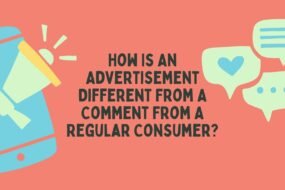
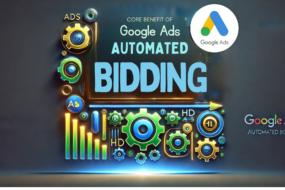
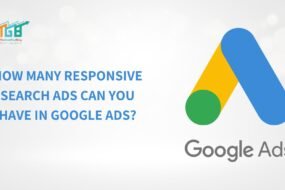
No Comments